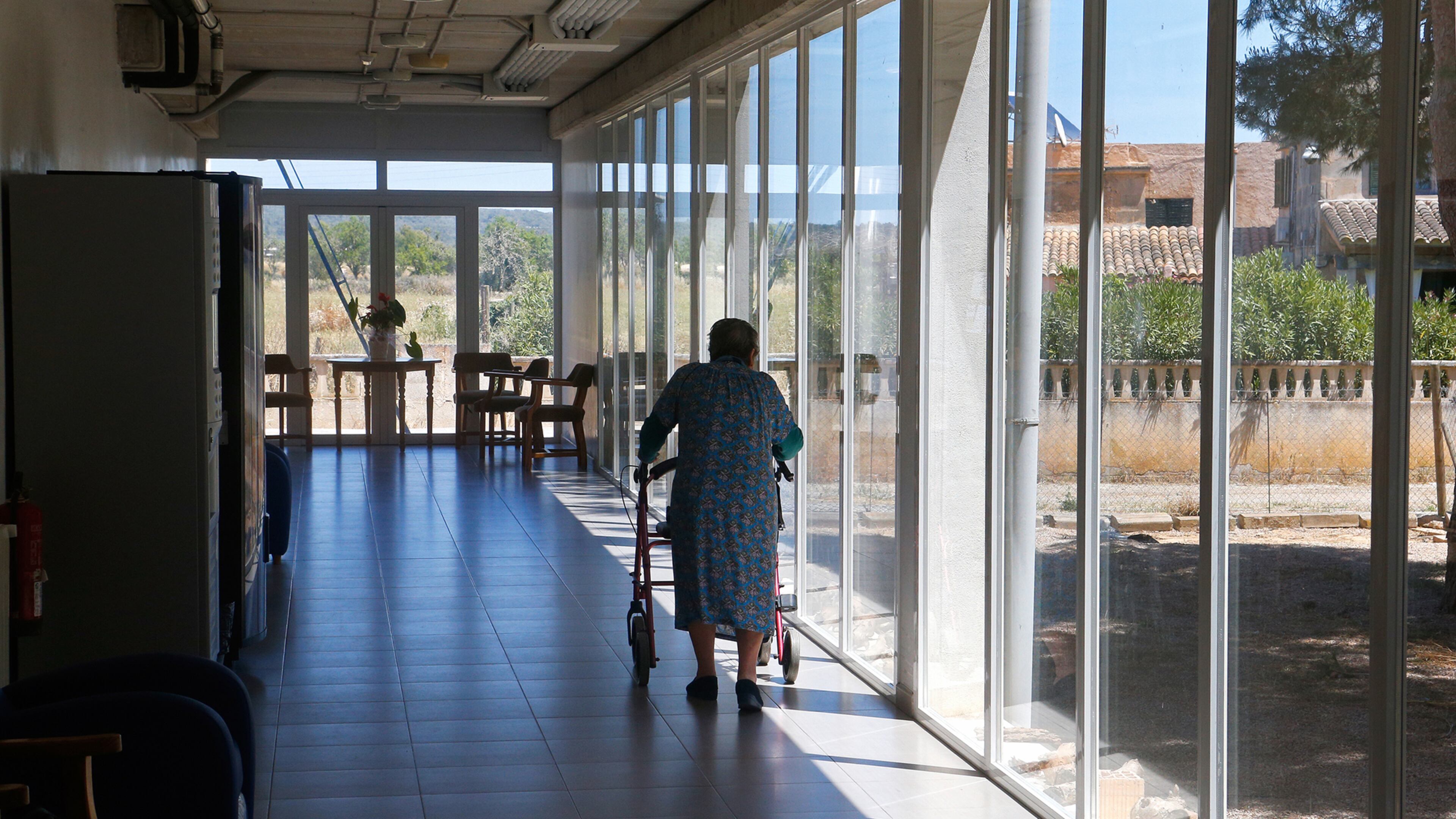Opinion: Investment, not mandates, will best solve long-term care staff shortages

Georgia’s nursing homes are at a critical turning point. We are emerging from a historic public health crisis, during which long-term care communities experienced devastating losses because of the vulnerability of our residents. Thankfully, the selfless caregivers in our buildings never wavered in their dedication to our residents, risking their personal safety each day they came to work while doing all they could to ensure the wellbeing of the vulnerable individuals in their care. Never in our history have we realized more fully the depth of our profession’s commitment, bravery and resilience.
While the public health emergency declaration for the COVID-19 pandemic is ending, the challenges faced by Georgia’s nursing homes are far from over. We are hopeful the worst impacts of this deadly virus are behind us, but nursing homes continue to experience a workforce crisis that has only worsened in the past three years. As Georgia’s long term care providers battle staffing shortages, a looming federal mandate threatens to exacerbate the situation and further burden short-staffed nursing homes.

Our workforce challenges are not new, and they are not unique to Georgia – they are happening across the country. Nursing homes have suffered the worst staffing shortages of any sector during the pandemic. While most other sectors have almost fully bounced back, long-term care facilities still lag behind. In Georgia, over 5,300 caregivers have left the profession since the beginning of the pandemic. Our providers have offered higher pay, bonuses and other incentives but still struggle to fill vacancies.
Under the potential federal mandate, Georgia’s nursing homes would have to hire an additional 1,020 full-time caregivers to meet staffing requirements based on the current workforce and patient census. This number would increase substantially over time if we are to continue to meet these staffing requirements and ensure access to care for the rapidly growing population of individuals needing long-term care services.
Availability of workers is a primary roadblock. Georgia has a low unemployment rate, which is a great thing for our state – but for a sector that is desperate to hire more staff, a virtually nonexistent talent pool creates a significant challenge.
To staff our buildings, we have had to rely on expensive staffing agencies that charge exorbitant fees. Our reliance on these agencies has increased by more than 300 percent. This is simply unsustainable and undesirable -- reliance on agency staff hinders the goal of providing consistent caregivers to foster resident relationships and person-centered care.
Seeking a solution, the Biden administration is considering a federal minimum staffing mandate. This regulation, which does not include funding as we understand it, would punish facilities across the country that cannot meet an arbitrary staffing ratio. Without corresponding resources to help us hire staff, meeting a mandated staffing ratio would be impossible.
We are fortunate that Gov. Brian Kemp and state legislators are supportive of the long-term care profession and our efforts to enhance our workforce. We need our leaders in Washington to do the same. We can only do so much at the state level.
A blanket, one-size-fits-all federal mandate will only burden our long-term care facilities and worsen our staffing challenges. Center leadership deserves the opportunity to nurture a weary staff and to recover from the trauma of the pandemic. Unachievable staffing mandates risk additional turnover in leadership, which will only impede recovery and could lead to lower hiring standards.
Our federal lawmakers should be focused on fixing the actual problem at hand: rebuilding our workforce from the ground up.
We must equip our nursing homes and assisted living communities with the necessary tools, programs and funding to recruit and retain a strong workforce. While we need to fix the immediate problem, we must also plan for the long term. Let’s start building a strong pipeline of caregivers now, so that future generations will have access to the high-quality care they need. Let’s make long-term care the healthcare career that nursing students flock to. We can do this if lawmakers are willing to invest in us.
GHCA and its members are dedicated to strengthening our specialized care setting so we can continue to provide Georgia’s seniors with the high-quality, patient-centered care they need and deserve. Rather than a burdensome federal mandate, I urge our leaders on Capitol Hill to fix our workforce challenges through comprehensive solutions that help our long-term care facilities attract more dedicated caregivers to the field.
Chris Downing is president and CEO of the Georgia Health Care Association. He previously served as the Southeast Regional Director for the U.S. Department of Health and Human Services.

